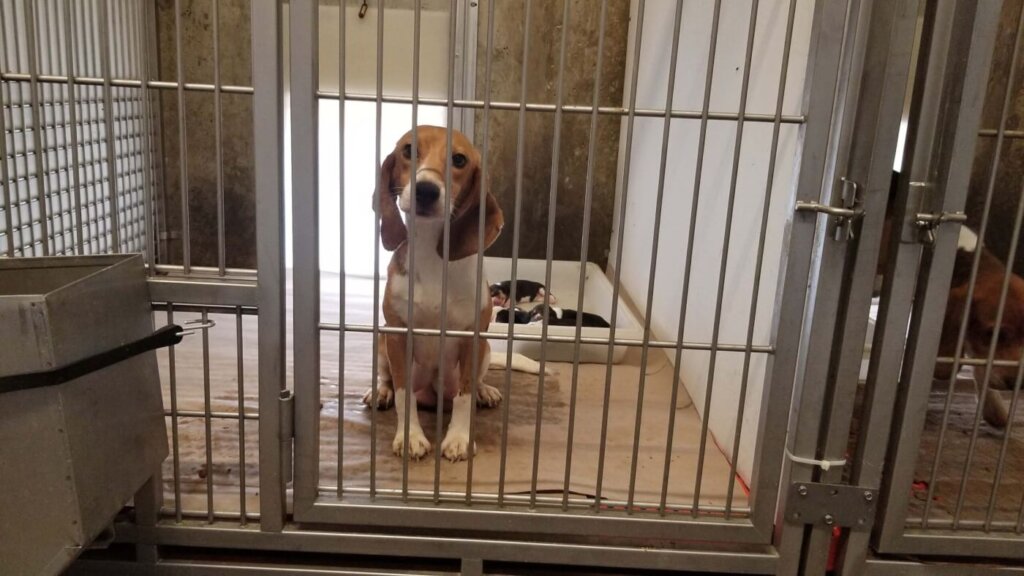
Desexing FAQ’s

Will my animal’s personality change after spaying or neutering?
Desexing will only reduce or eliminate the behaviour that you don’t want, such as aggression and urine marking. Neutered males are less likely to roam, fight or mark their territory with urine, and spayed females do not experience hormone fluctuations and are no longer at risk of becoming pregnant.
Will desexing affect my animal’s weight?
No. Cats and dogs become overweight and inactive because their guardians feed them too much and exercise them too little, not because they are desexed.
Why should I have my male cat or dog neutered?
Male animals contribute to the companion-animal overpopulation crisis even more than females do. Just one unneutered male animal can impregnate dozens of females, creating dozens upon dozens of unwanted offspring. Neutering also eliminates male animals’ risk of testicular cancer and reduces unwanted types of behaviour, such as biting.
Should I let my female animal have one litter before having her spayed?
It’s best to spay animals before they reach sexual maturity in order to reap the full health benefits. Spaying your female companion animal before her first heat cycle means she will have one-seventh the risk of developing mammary cancer. Spaying also eliminates female animals’ risk of diseases and cancer of the ovaries and uterus, which are often life-threatening and require expensive surgery and treatment.
How can I teach my children about the “miracle of birth”?
Allowing your animal to reproduce only teaches your children irresponsibility. Every year, 250,000 animals are killed in Australian animal shelters simply because of a lack of good homes. Bringing more animals into a world that is already short on homes means that animals in animal shelters will die. Numerous books and videos are available to help you teach your children about reproduction responsibly.
What if I can find homes for all my animal’s puppies or kittens?
Even if you manage to find loving, lifelong homes for all the puppies or kittens, that means that there will be that many fewer homes for puppies and kittens in animal shelters who desperately need to be adopted. And unless you ensure that every puppy or kitten you place is spayed or neutered before going to his or her new home, they can go on to produce litter after litter of offspring themselves.
Is desexing safe?
Spay and neuter surgeries are the most commonly performed animal surgeries. Most animals experience relatively little discomfort (anaesthetics are used during surgery, and pain medication is generally given afterward) and are back to their normal activities within a day or two.
How old should my animal be before desexing?
Puppies and kittens can be desexed from as early as 8 weeks old. Early-age desexing has numerous benefits, including reduced recovery times from anaesthesia and wound healing.
Companion Animals:
Overpopulation Crisis | Breeders Kill Shelter Animals | Chained Dogs
Animals Are Suffering in Laboratories – Help Save Them Now


